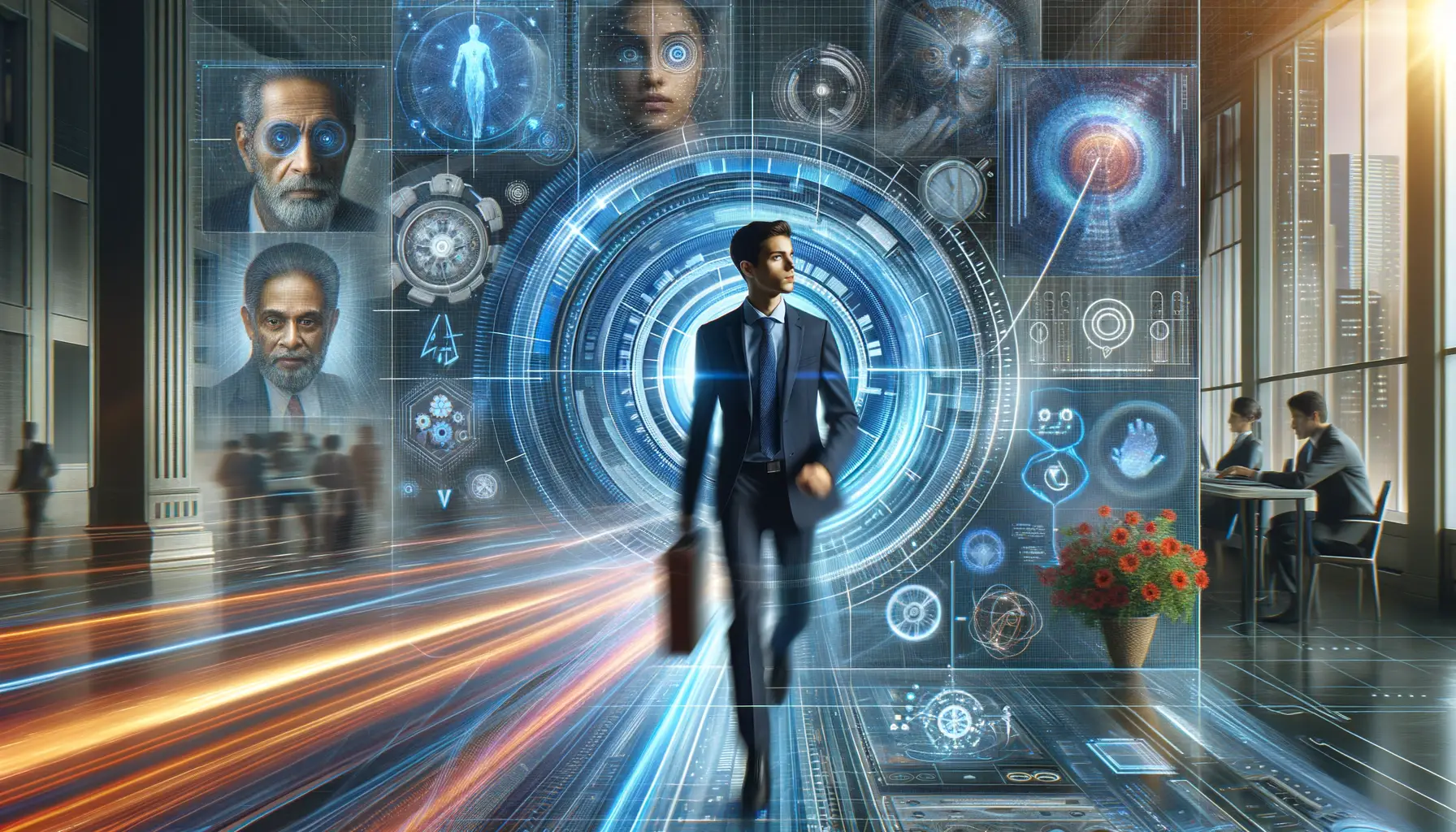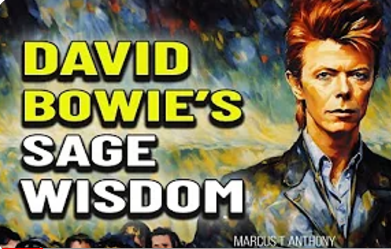
Those beginning a meditative or mindfulness practice often have a false expectation that they are about to become magically transformed into an awakened being, or perhaps even enter an exalted higher state of consciousness. Perhaps they might be thinking that they can tolerate a few weeks of mindless meditation, a few hours of dull, cross-legged sitting, or even staring at candles in the evening, if that means accessing the Bliss of Being. The petty inconveniences of modern life will all be forgotten once the divine light descends from the heavens, rendering us impervious to pesky feelings and inconvenient negative emotions like anger, sadness and fear…
Alas, such people will be disappointed.
Consider this. In 2020, tennis star Novak Djokovic, a regular meditator and practitioner of all things mindful, was disqualified from the US Open for accidentally striking a line judge when he whacked a ball in anger. In the following tournament, the Italian Open, he had several emotional outbursts in the final. Queried about his behavior, Djokavic stated:
Of course, it was a shock for me and a lot of people. But that’s life, that’s sport. These things can happen… But I don’t think that this will have any significant negative impact on how I feel on the tennis court. I mean, I won the tournament in Rome just a week later after what happened in New York. I did not feel any kind of emotional disturbance or difficulty to actually be able to play or still express my emotions in whatever way… That’s something that is obviously staying in my mind after what happened in New York. It’s going to stay there for a long time. Of course, I will make sure I don’t make the same mistake twice.[i]
Djokovic said in 2020 that he tries to keep negative emotional reactions on the court to a minimum. But “also… accept it and forgive myself for what happened and move on.”
And then most infamously, just recently, Djokovic was ejected from Australia when it was claimed that the unvaccinated star had deliberately mislead the Australian immigration department on his visa application, including not disclosing a prior failure to socially distance when in the early stages of Covid infection.
There are a wide range of often heated opinions about Djokovic’s Australian debacle, and that covers discussions far beyond mindfulness practice. The reader can make up their own mind on the subject. Yet the key point here is that mindfulness practice isn’t a guarantee of Buddha-like serenity and emotional purity, nor does it necessarily create instant psychological maturity. And it won’t save your butt if you violate societal or legal norms and the authorities come for you. Perhaps most notably, it doesn’t excuse you from the consequences of your actions.
Ego falls are a common experience for anybody on an awakening journey. The further into delusion we descend, the greater and more painful the fall.
Making presence of prime value in your life is a wonderful thing, and if you can attain a high level of mastery, then the benefits are great (including an enhanced sense of personal empowerment). But there are limitations, potential hazards and philosophical concerns that come with the territory. The Grand Canyon is beautiful. But if you don’t pay attention and fall off one of those great cliffs, the spectacular scenery around you will suddenly seem a whole lot less wonderful as you plummet earthward.
This is an extract from Marcus T Anthony’s upcoming book Power and Presence: Reclaiming Your Authentic Self in a Weaponized World.

[i] Djokovic: US Open ball incident won’t change how I deal with emotions. Sydney Morning Herald, 27/09/20.




